Algorithmic Efficiency
Fundamental research within our cluster emphasizes the development of efficient algorithms, which are key to reducing energy use in large computations. This foundational work, which is achieved in STRUCTURES at the interface of physics, mathematics, and computer science, significantly contributes to sustainable scientific computing.
